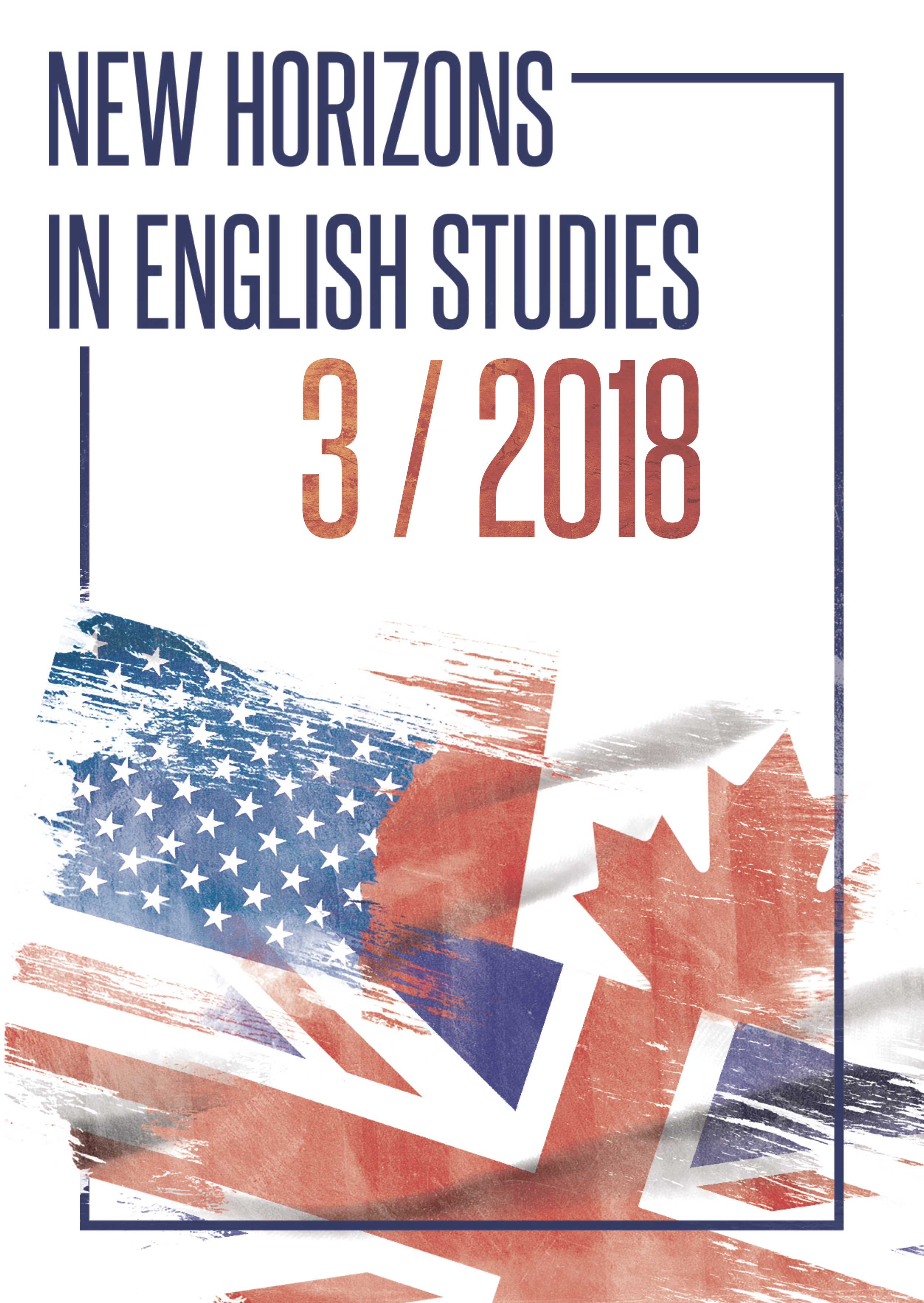Do Androids Have Nightmares About Electric Sheep? Science Fiction Portrayals of Trauma Manifestations in the Posthuman Subject in Frankenstein, Do Androids Dream of Electric Sheep?, and ‘Nine Lives’
Do Androids Have Nightmares About Electric Sheep? Science Fiction Portrayals of Trauma Manifestations in the Posthuman Subject in Frankenstein, Do Androids Dream of Electric Sheep?, and ‘Nine Lives’
Author(s): Ida Marie OlsenSubject(s): Language and Literature Studies, Studies of Literature, Other Language Literature
Published by: Wydawnictwo Naukowe Uniwersytetu Marii Curie-Sklodowskiej
Keywords: Science fiction; trauma; trauma studies; post-humanism; anthropocentrism; Frankenstein; Philip K. Dick; Ursula Le Guin
Summary/Abstract: This essay draws upon the contention that posthuman subjects, such as androids, clones, and robots, can experience psychological trauma. The aim of the paper is to examine this notion in three science fiction texts: Mary Shelley’s Frankenstein, Philip K. Dick’s Do Androids Dream of Electric Sheep?, and Ursula Le Guin’s short story ‘Nine Lives’. What these narratives illustrate is that trauma manifestations contribute to a disruption of ontological frameworks that regard categories such as ‘human’ and ‘non-human’ as permanent and distinct. As a result, it might be argued that these texts undermine anthropocentrism and invite a reconceptualising around the term ‘human’, but also around trauma as an experience that is conventionally understood as a primarily human experience. Science fiction is thereby a significant genre when it comes to debunking anthropocentric perspectives. Using posthuman theory and trauma studies, I argue here that these three texts portray their respective posthuman subjects as trauma victims, and further that they demonstrate how the experience of trauma carries with it the potential to bridge the gap between human and posthuman through the act of bearing witness to one another’s trauma.
Journal: New Horizons in English Studies
- Issue Year: 3/2018
- Issue No: 1
- Page Range: 100-111
- Page Count: 12
- Language: English

